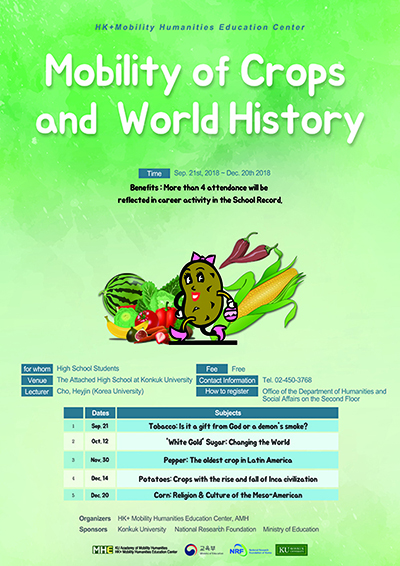Sugarcane originated in tropical New Guinea, dating back to approximately 8,000 B.C. It reached the Philippines and India 2,000 years later, eventually spreading to South China. The earliest record of sugar was found in India in 400 B.C., where sugar was offered to the gods. From ancient times, sugar has been a healing and medicinal substance, as reflected in the English idiom, “A spoonful of sugar helps the medicine go down.” Exploring the history of sugar, from its transformation into massive sugar factories that shaped Cuba’s destiny to the brutal slave system on sugarcane plantations, the importation of enslaved Black people, the abolitionist movement, the revolutions in the United States, France, and Haiti, and the birth of contract laborers (new workers engaged in sugar production), this lecture traces the journey and trajectory of sugar, “white gold,” until it became an everyday thing on tables worldwide.

- Humanities for Dreamers
- Off line
'White Gold' Sugar Changed the World
Lecture Information
- Date2018-10-12
- LocationThe Attached High School at Konkuk University
Instructor
Cho, Hyejin Ph.D. The Spanish Language and Culture, Korea University. Previously Adjunct Professor in Konkuk Univ., University of Seoul, Korea Univ. / Research Fellow in Asia, Africa, Latin America Literature Research Center/ Currently Senior Research Fellow in Spain/Latin America Research Institute, Executive director in the Association of Latin American Studies, Research Professor in CORE Project team, Korea Univ./ published a number of journal articles including "The change of diaspora experience and identity in Galician of Miguel Barnett,” “Los personajes con rasgos marginales en las novelas de Luisa (The characters with marginal features in Luisa's novels),” "Strategies of Memory Repression and Resistance in Louisiana Valencia's ‘National Reality in Bed.’"

